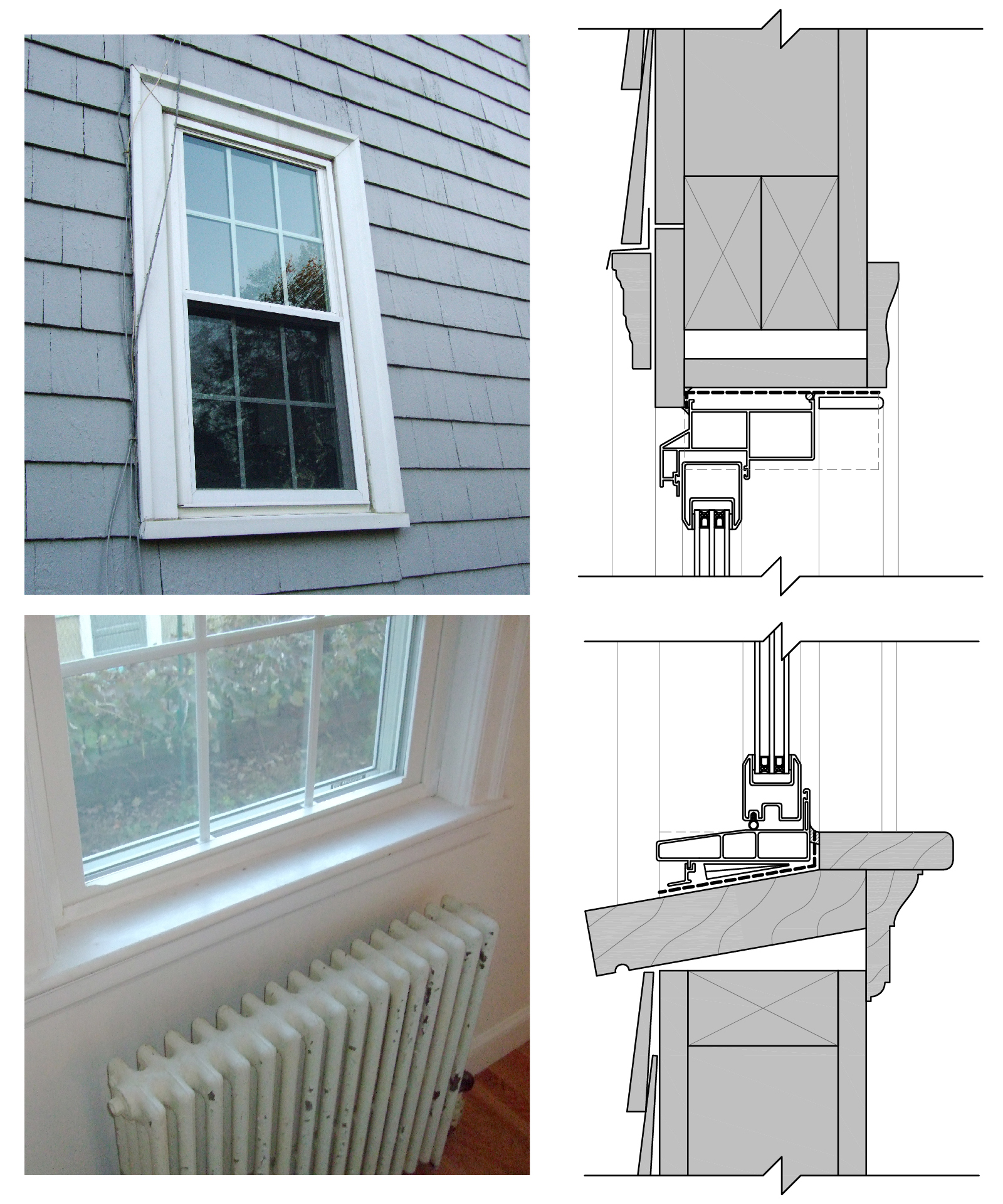Efficient Richmond Window Replacement for Improved Energy Efficiency
Efficient Richmond Window Replacement for Improved Energy Efficiency
Blog Article
Upgrade Your Home With Energy-Efficient Window Substitutes
In the realm of home improvement, the choice to update to energy-efficient window substitutes can substantially influence both the capability and aesthetics of a house. Beyond the surface area degree of mere looks, energy-efficient home windows supply a multitude of advantages that go beyond plain curb appeal.
Advantages of Energy-Efficient Windows

The installation of energy-efficient windows supplies substantial cost savings on energy bills while boosting ecological sustainability. Furthermore, energy-efficient home windows can help control dampness levels within the home, decreasing the risk of mold and mildew and mold development.
Past the economic benefits, energy-efficient home windows add to ecological sustainability by decreasing carbon emissions connected with power manufacturing. By reducing power usage, these home windows aid mitigate the environmental influence of air conditioning, home heating, and illumination residential spaces. This reduction in energy usage plays a crucial role in combating climate adjustment and advertising a greener future for generations ahead. Overall, spending in energy-efficient home windows not just improves the convenience and efficiency of a home yet likewise straightens with environmentally aware methods.
Sorts Of Energy-Efficient Glass
Various sophisticated kinds of energy-efficient glass offer special residential properties that provide to different requirements and choices in enhancing the sustainability and effectiveness of buildings. Triple-pane glass, consisting of 3 layers of glass with insulating gas between them, offers boosted thermal insulation, making it very energy-efficient. Furthermore, self-cleaning glass with an unique coating that breaks down and loosens dust when exposed to sunshine can lower maintenance needs and keep home windows looking tidy.
Variables to Think About When Picking
When contemplating energy-efficient window replacements, it is essential to very carefully assess particular aspects that straighten with your sustainability purposes and wanted power cost savings. One critical element to think about is the window's energy efficiency ratings, such as the U-factor and Solar Warm Gain Coefficient (SHGC) The U-factor procedures exactly how well the window insulates, with lower numbers suggesting far better insulation, while the SHGC shows the window's capacity to obstruct warm from sunlight. Furthermore, the window framework material plays a considerable role in energy efficiency. Products like fiberglass, plastic, or timber with thermal breaks are outstanding choices for lowering heat transfer. Another vital factor to consider is the home window style and orientation concerning sunlight direct exposure. Selecting the right window style and strategically putting them can make best use of all-natural light while lessening warm gain or loss. Lastly, installment high quality is essential to guaranteeing the home windows do as planned. Appropriate installation aids prevent air leak, making sure ideal power performance. By very carefully evaluating these elements, you can select energy-efficient windows that boost convenience, lower power expenses, and benefit the setting.
Installment and Upkeep Tips

Routine maintenance is vital to protecting the effectiveness of your energy-efficient home windows. Examine the weather-stripping and seals for any kind of splits or gaps and change them if needed to keep the home windows' power effectiveness. Houston Pella windows.
Additionally, lubricate relocating components such as joints and locks to make certain smooth operation. By adhering to these installation and upkeep tips, you can improve the energy effectiveness of your home and lengthen the lifespan of your energy-efficient home windows.
Cost-Benefit Analysis of Upgrading

Energy-efficient windows are designed to decrease warmth transfer, minimizing the requirement for home heating and cooling systems to burn the midnight oil. This can bring about substantial cost savings on energy costs, specifically in areas with extreme temperatures. In addition, energy-efficient home windows can enhance the total worth of your home, making it much more appealing to prospective buyers if you determine to offer in the future.
When calculating the cost-benefit evaluation, consider the prospective savings on energy costs, any type of readily available rewards or rebates, and the life-span of the windows. While the initial expense might be higher, the long-term cost savings and benefits of energy-efficient home windows make them a smart investment for property owners looking to enhance their residential property's energy effectiveness and worth.

Final Thought
In verdict, updating to energy-efficient window replacements provides many advantages such as lowered energy intake, boosted comfort, and expense financial savings. By choosing the appropriate type of energy-efficient glass and thinking about aspects like frame material and installment, property owners can maximize the effectiveness of their windows.
When pondering energy-efficient home window substitutes, it is essential to thoroughly evaluate specific elements that align with your Discover More sustainability objectives and desired energy savings. The U-factor measures just how well the home window protects, with lower numbers indicating far link better insulation, while the SHGC suggests the window's ability to obstruct warm from sunlight. By carefully reviewing these variables, you can choose energy-efficient windows that improve convenience, minimize energy costs, and benefit the environment.
While energy-efficient windows might have a greater upfront cost compared to standard home windows, the lasting advantages often surpass the preliminary investment.In final thought, upgrading to energy-efficient window replacements supplies many benefits such as reduced power intake, enhanced comfort, and cost financial savings.
Report this page